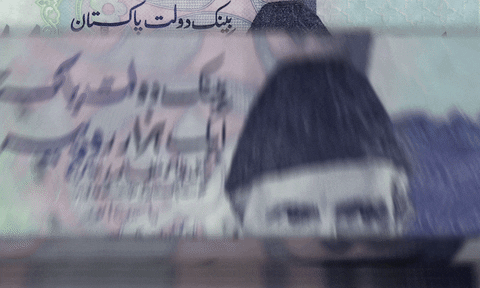Switzerland lies in the heart of Europe. It shares borders with Germany, Austria, the Principality of Liechtenstein, Italy and France and serves as a vital link for communication and transports between the North of Europe and those in the South. Globalisation and the resulting freedom of movement have led to continuously growing numbers of people crossing the Swiss borders.
Switzerland has about 8 million inhabitants. More than one third of its population live in the five big cities of Zurich, Geneva, Basel, Berne, Lausanne and their surrounding areas, with a density of population of 199 inhabitants per square kilometer. The total surface of Switzerland is 41,285 square kilometre.
By 2030, experts expect a 30% increase in transport traffic on the roadways of Switzerland, and an increase of 70% or more on the Swiss railway network. Roads are well maintained, and the public transportation network is excellent, enabling people to travel quickly and conveniently. Whether the destination is a major city or a remote village, train and bus timetables are co-ordinated to enable passengers to get from A to B in the shortest possible time.
An important network of hiking paths, cycle lanes, mountain bike tracks, and even canoeing intineraries is available for leisure transportation. SwitzerlandMobility coordinates the development of this network.
Trains of Switzerland Switzerland is a world leader in railway commuting, with a railway network extending to 5,124 km. In 2016 the world's longest railway tunnel, the so-called Gotthard rail link, will run 57 km through the Alps, and will cut the current travel time from Zurich to Milano by about one hour.
Thus, Switzerland is an important part of the growing European high-speed transport network. High speed connecting trains like the French TGV or the German ICE bring cities such as Paris, Lyon, Ulm, Stuttgart or Munich closer to Swiss residents. In 2011, every Swiss resident took the train 50 times and travelled approximately 2400 km, which is the world's highest number of kilometers travelled yearly per inhabitant.
The well-developed and well-used railway system helps Swiss residents to avoid excessive driving, thus contributing to an ecologically sound environment. In bigger cities, just over 50% of all inhabitants own a vehicle.
Airports of Switzerland Switzerland is serviced by 3 international airports: Zurich, Geneva and Basel. It also relies on 11 regional airports.
Switzerland and the Schengen Agreement
Switzerland continues to be linked in the best possible way to all European and global centres. In November 2008 the so-called Schengen Agreement, which guarantees freedom of movement and residence to participating European nations, was extended to Switzerland.
This means that persons travelling from one of the Schengen States (Belgium, Denmark, Germany, Estonia, Finland, France, Greece, Iceland, Italy, Latvia, Lithuania, Luxemburg, Malta, Monaco, Netherlands, Norway, Austria, Poland, Portugal, San Marino, Sweden, Slovakia, Slovenia, Spain, Czech Republic, Hungary, Vatican City) to Switzerland are no longer subject to identity checks at Swiss airports.
BR100
7,882
Decreased By
-59.1 (-0.74%)
BR30
25,365
Decreased By
-282.8 (-1.1%)
KSE100
75,096
Decreased By
-421.5 (-0.56%)
KSE30
24,097
Decreased By
-180.7 (-0.74%)






















Comments
Comments are closed.